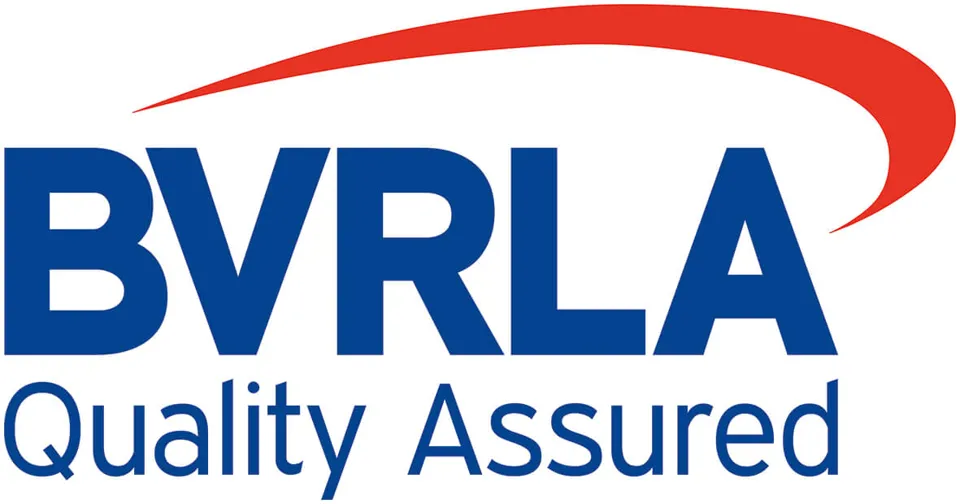The BVRLA expects 2014 to be a good year for the vehicle rental and leasing industry, with growth in almost every area of the sector.
Average prices for used fleet vehicles hit record levels in 2013, and the BVRLA says this trend looks set to continue this year. Rising consumer confidence will boost demand, and the continued dearth of quality 3-5 year-old stock will keep values high in the short to medium term.
With healthy demand from retail and fleet customers, the BVRLA hopes the continuing growth in new car sales will be well balanced, and that manufacturers will take a disciplined approach to self-registrations.
New van registrations should rise towards pre-recession levels as the economy recovers, but the outlook for trucks is less promising as operators postpone the move to more expensive Euro VI vehicles.
It also suggests that fleets should also benefit from major administrative cost savings this year as the Driver and Vehicle Licensing Agency (DVLA) moves its services online and abolishes the tax disc
BVRLA members are likely to see opportunities for refinancing as new funders wish to be part of this attractive sector, and we anticipate more investors will enter the sector in 2014.
BVRLA Chief Executive Gerry Keaney said: "The industry performed well in 2013, with the association reporting an increase in membership and fleet sizes across nearly all sectors.
"A growing economy, rising confidence levels and a strong new and used car market point to a promising year ahead, but there will still be some major challenges to overcome."
Looking at the regulatory environment, the BVRLA says that the consumer credit environment will get tougher, more complex and more costly with the arrival of the Financial Conduct Authority (FCA) this year. This new regulation will be a potential minefield for businesses, with penal sanctions for getting it wrong.
It adds that membership of an industry trade association such as the BVRLA is essential for companies wanting to demonstrate that they are taking a proactive approach to complying with this and other regulatory regimes.
It believes that the DVLA's move to providing centralised services from a new online fleet portal should result in major cost savings for fleets, but they will have to adapt to a new way of working.
The introduction of the electronic V5C vehicle registration document and the withdrawal of the driver licence counterpart are two examples of existing processes that will have to change.
The driver licence changes are a particular concern, and the BVRLA is working with the DVLA to ensure the vehicle rental and leasing sector is provided with an alternative system for checking driver endorsement and disqualification information on a cost-effective, real-time, 24/7 basis.
All this change is contributing to the skill shortages being experienced across the industry. The BVRLA is helping to address these by providing training in sales and account management, understanding the impact of new technology and compliance with FCA regulations.
The association also says that the gradual trend away from pay-to-own towards pay-to-use road transport will gather speed in 2014, particularly in urban areas.
New car club, car sharing and peer-to-peer car rental business models will continue to appear, while smartphone-based technology will make it easier than ever to book, use and pay for vehicles on-demand.
More fleets will embrace these business models when making their transport plans as they look to tackle the cost and duty-of-care issues surrounding grey fleet drivers.
As with 2013, new leasing business will come from SMEs looking for alternative sources of vehicle finance, the continued popularity of salary sacrifice schemes and the growing popularity of competitively-priced manufacturer-funded personal contract hire.
There are plenty of technological developments on the horizon, and 2014 will see the biggest push yet from EV manufacturers.
Renault and Nissan will aggressively market their products against new models from competitors including BMW, Ford, Audi and VW, and this competition should produce some more attractive pricing and aftermarket packages, stimulating volumes through the 10,000 barrier for the first time.
The Office for Low Emission Vehicles (OLEV) is keen to boost fleet uptake of ultra-low emission vehicles and is developing a new set of policy measures and tax incentives.
These changes won't be implemented until 2015 so for the time being, OLEV is likely to concentrate on boosting the awareness and understanding of ultra-low emission vehicles by working with organisations such as the BVRLA, the Association of Car Fleet Operators (ACFO) and the Energy Saving Trust.
Vehicle and driver data will be a key focus this year as companies try to ascertain what is available, where it is, who owns it and how it can be used.
The BVRLA says that the fleet sector must understand the opportunities presented by connected vehicles and smartphone apps, as it will face increasing competition from technology companies, vehicle manufacturers and other transport operators.
Fortunately, BVRLA members have extensive experience of operating in this kind of environment, where they add value by applying their financial and fleet management expertise. They will continue to thrive by staying focused on the needs of their customers.

















Login to comment
Comments
No comments have been made yet.